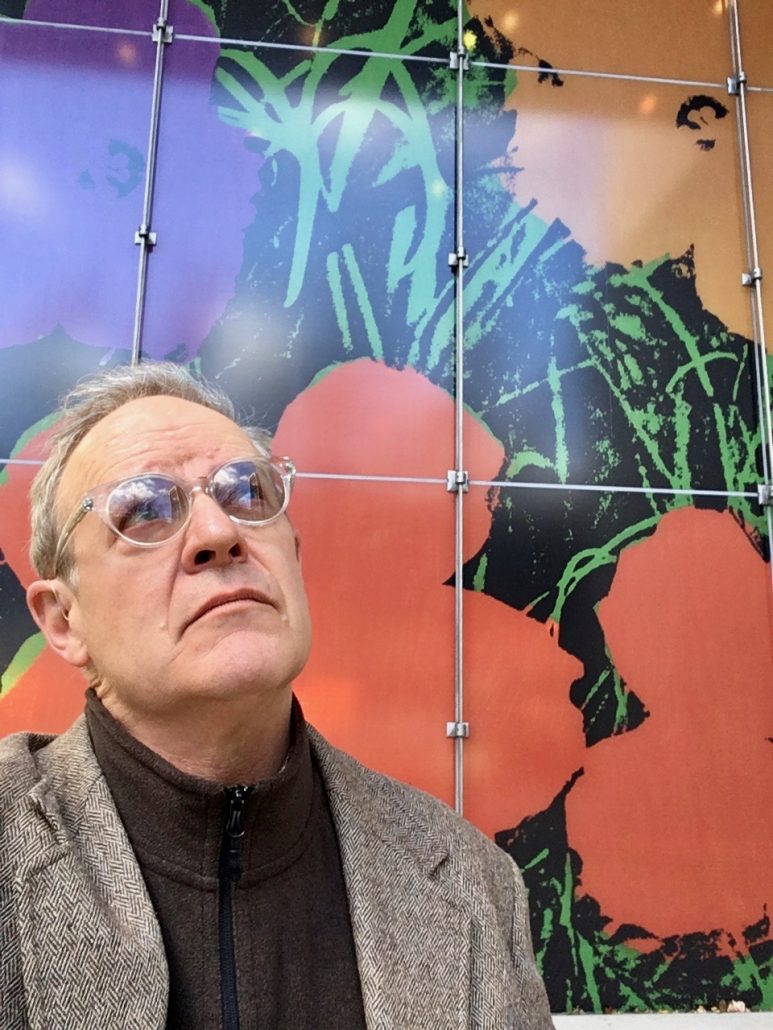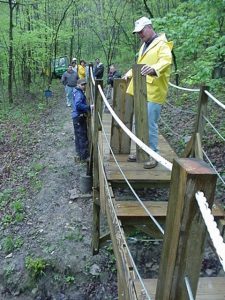What Have You Learned From Reunions?
In October 2018, Deborah Copaken wrote in The Atlantic, What I Learned About Life at My 30th College Reunion She listed 30 lessons. Several resonated with me.
“No one’s life turned out exactly as anticipated, not even for the most ardent planner.”Amen! Life is what happened while planning something else. I do think its important to understand our narrative identity – the myths and interpretations we tell ourselves about ourselves including our trials and tribulations, our heroes and villains. Do you share redemptive stories or contamination stories with others? I didn’t expect my business partner to die at such an early age and yet this event sent me on a new path to where I am today, truly living my passion and living my gifts and talents – a redemptive story. In the end, we all seek meaning to our lives.
“Speaking of art, those who went into it as a career were mostly happy and often successful, but they had all, in some way, struggled financially.” Agreed! I believe everyone is an artist and not limited to paint, watercolor, sculpture, clay, music, theater and culinary. Those who embrace their lives as art, a canvas on which to create and give their creation away to others seems to be the happiest. Expressing gratitude is the ultimate art form and those who continuously express their gratitude are the happiest people I know.
“ ‘Burning Down the House,’ ” our class’s favorite song, by the Talking Heads, is still as good and as relevant in 2018 as it was blasting out of our freshman dorms.” My favorite song from high school and college was Led Zeppelin’s ‘Stairway to Heaven.’ I love the tribute Nancy and Ann Wilson gave to Led Zeppelin at the Kennedy Center in 2013. Even the Obama’s were moved! Those lyrics are more relevant than ever.
And as we wind on down the road
Our shadows taller than our soul
There walks a lady we all know
Who shines white light and wants to show
How everything still turns to gold
And if you listen very hard
The tune will come to you at last
When all are one and one is all
To be a rock and not to roll
And she’s buying the stairway to heaven
“Those who got an unwanted divorce seemed unhappier, post-divorce.” Disagree. While my divorce was unexpected and hurtful, I learned a lot about myself and relationships. I learned that commitment requires persistence at permanence. I learned what I needed in a relationship and what I needed to be in a relationship. Consequently, I failed forward, meeting a woman, falling in love and forming a bond that is going on 39 years.
“Many classmates who are in long-lasting marriages said they experienced a turning point, when their early marriage suddenly transformed into a mature relationship. ‘I’m doing the best I can!’ one classmate told me she said to her husband in the middle of a particularly stressful couples’ therapy session.” From that moment on, she said, he understood: Her imperfections were not an insult to him, and her actions were not an extension of him. She was her own person, and her imperfections were what made her her. Sometimes people forget this, in the thick of marriage.” Agreed. The birth of our daughter was not only life changing but relationship changing. The birth of our son re-confirmed this. Our marriage has not always been smooth. We sought help and learned to be more accepting and forgiving of one another. We continue to learn about each other and as we get older, lose some memory, not move as fast, we give each other more grace and say “I love you,” with even more sincerity.
“No matter what my classmates grew up to be … most of our conversations at the various parties and panel discussions throughout the weekend centered on a desire for love, comfort, intellectual stimulation, decent leaders, a sustainable environment, friendship, and stability.” Agreed. I have learned significance – the positive impact I have on others, rather than success – is far more important. I’m trying to live my eulogy rather than my resume.
“When the bell atop Memorial Church tolled 27 times to mark the passing of 27 classmates since graduation, we all understood, on a visceral level, that these tolls will increase exponentially over the next 30 years.” Yes. When my college alumni magazine comes, the first thing I look at is class notes and obituaries. Having lost three friends this past year, I realize life does have finality – especially mine. I am looking to “write” the last best final chapter that includes better emotional intelligence, apology and restorative justice. There is one person heavy on my heart with whom I need to “write” a best final chapter.
“In our early 50s, people seem to feel a pressing need to speak truths and give thanks and kindness to one another before it’s too late to do so. One of my freshman roommates thanked me for something that happened in 1984. A classmate who was heretofore a stranger, but who had read my entry in the red book, our quinquennial alumni report—in which I recounted having taken an Uber Pool to the emergency room—offered to pay for my ambulance next time, even going so far as to yank a large pile of bills out of his pocket. “That’s okay,” I told him, laughing. “I don’t plan to return to the emergency room anytime soon.” Agreed. When I lost my job a few years ago, a friend who heard about my plight called me and told me he wanted to cover our mortgage until I got back on my feet. I was blown away. Tears filled my eyes! I have been more intentional about going to see family and friends and saying “thank you” for the gift of their lives shared in my life.
“Love is not all you need, but as one classmate told me, “it definitely helps.” Disagree. Maybe it’s because I’m a few years older than Ms. Copaken and have more experience with life, but the Beatles got it right – All you need is love! Love is the most powerful force on earth. It is the air I breathe and water I drink. You cannot lead others unless you love yourself so you can love others.









